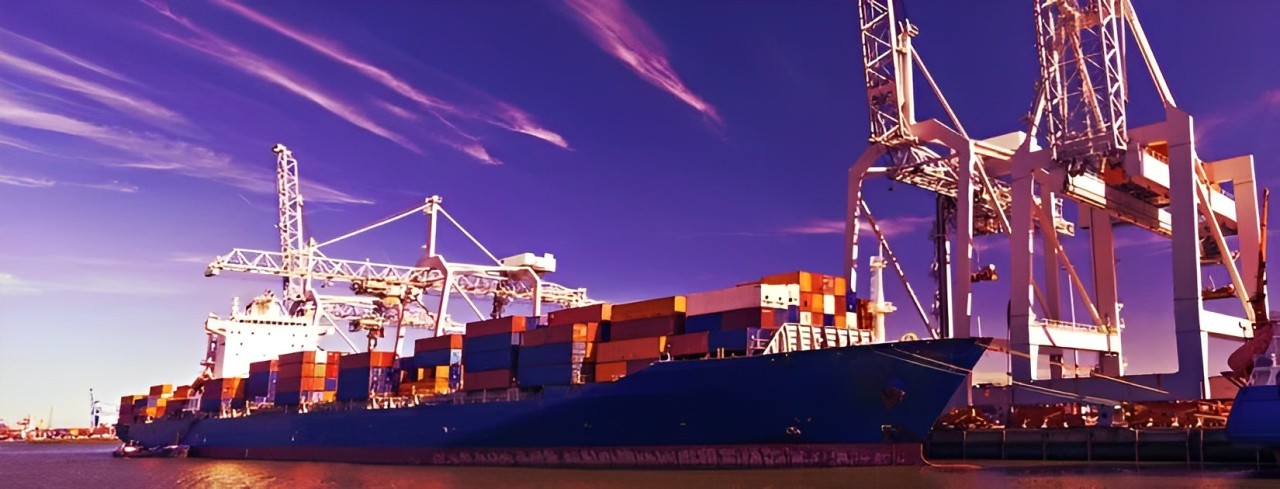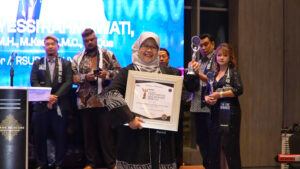JAKARTA – The policy of import bans and restrictions (Lartas) may indeed contribute to boosting Indonesia’s trade surplus, which has been dwindling. However, such measures are deemed to yield superficial outcomes. The Institute for Development of Economics and Finance (INDEF) suggests that the government should prioritize efforts to enhance exports rather than hindering imports, especially those essential for industry raw materials and auxiliary needs. Andry Satrio Nugroho, Head of the Center of Industry, Trade, and Investment at Indef, stated that import restrictions, as outlined in Minister of Trade Regulation 3/2024, should be implemented cautiously without disrupting manufacturing producers’ access to raw materials. “This is what needs improvement, as a decline in raw material and capital goods imports would automatically result in a trade surplus, but it wouldn’t be of high quality; it would be superficial,” Andry said on Wednesday (17/4/2024). According to Andry, the government needs to enhance the frequency of export trading, which can increase foreign exchange reserves while simultaneously boosting competitiveness and the quality of export-oriented products. Nonetheless, the government is also striving to maintain the trade surplus streak that has lasted for 46 consecutive months since May 2020, amidst the looming impact of global economic slowdown.Based on data from the Central Statistics Agency (BPS), Indonesia’s trade balance in February amounted to US$0.87 billion, marking a 56.93% month-to-month (mtm) decrease from US$2.02 billion. Annually, it plummeted by 83.89% in February 2023, amounting to US$5.40 billion. Indonesia’s export value stood at US$19.31 billion in February 2024, marking a 5.79% decrease compared to the previous month’s US$20.49 billion. Meanwhile, Indonesia’s import value in February 2024 amounted to US$18.44 billion, a 0.29% decrease from the previous month’s US$18.49 billion. “It’s futile if the surplus is due to a decrease in imports. What we desire is a trade surplus because exports surge significantly. High imports are not an issue, as long as they are for raw materials or capital goods, not consumer goods,” he explained. In fact, imports of raw materials and auxiliary goods decreased by 4.23% mtm in February 2024 to US$1,087.2 million, and capital goods decreased by 14.20% mtm to US$812.5 million. Meanwhile, imports of consumer goods increased by 22.73% mtm to US$672.9 million.










